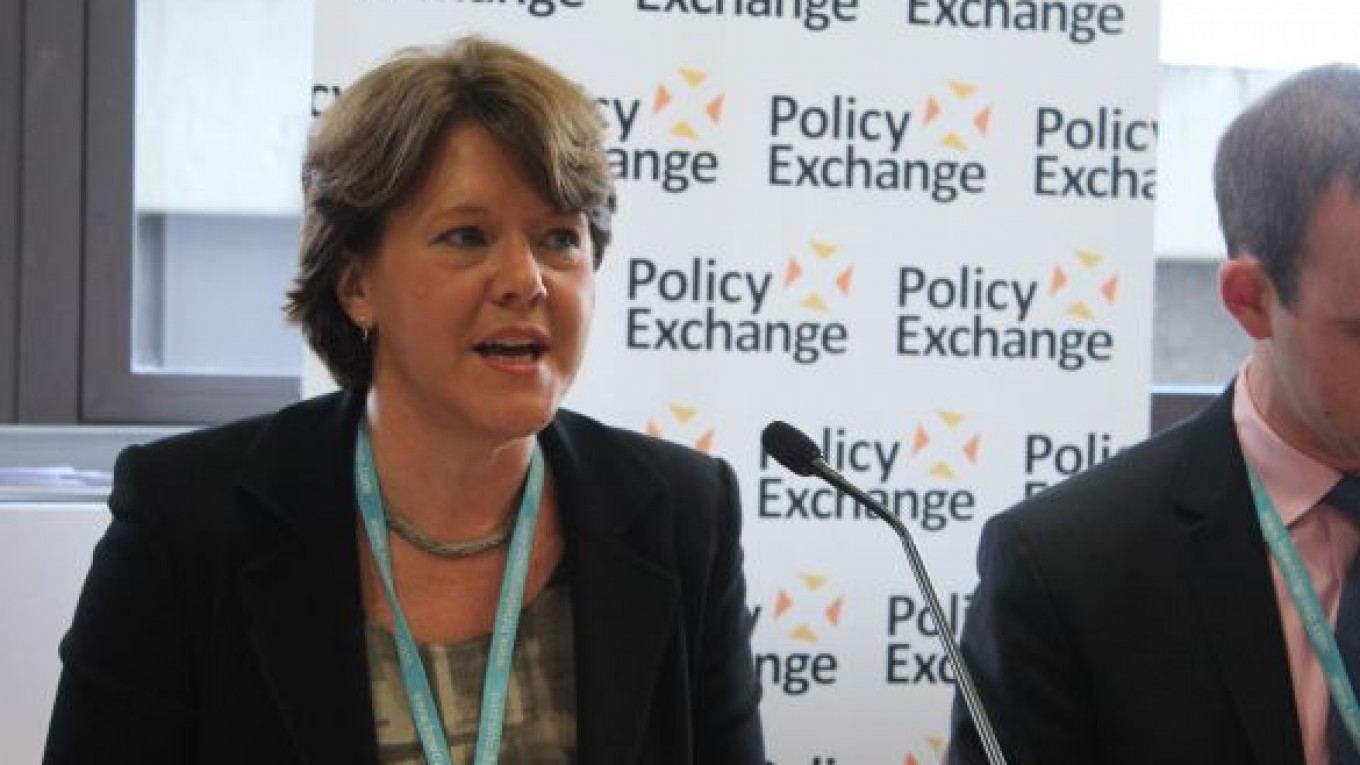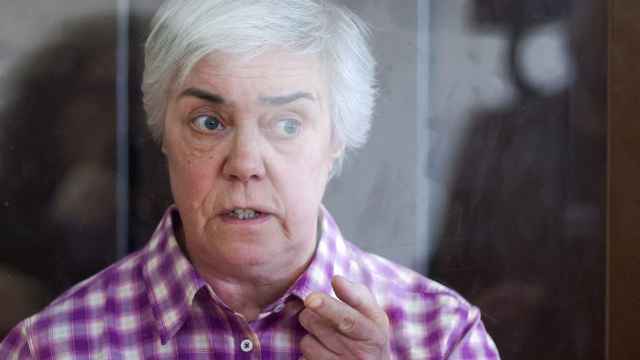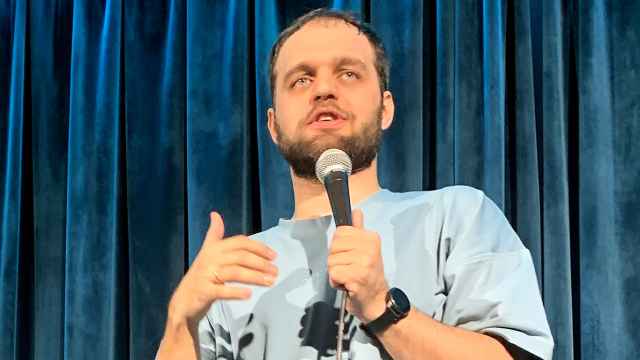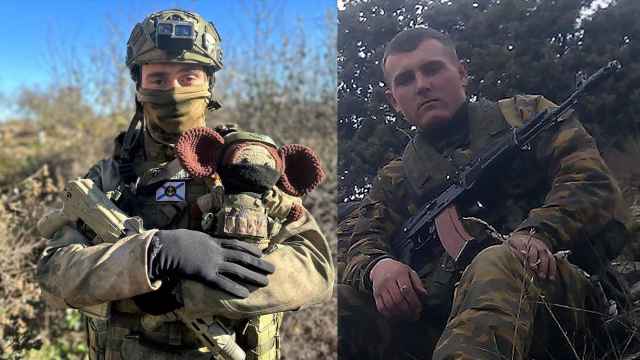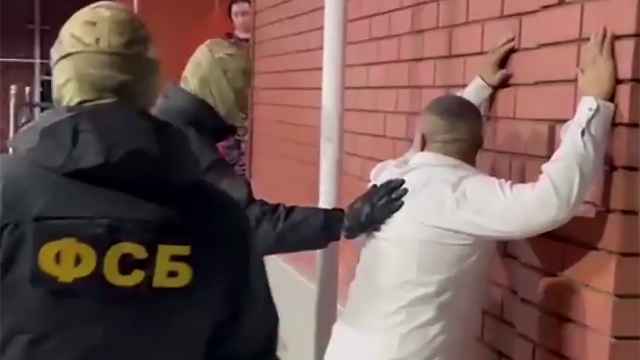The British government has announced that it will provide extra funding for Russian gay rights activists who have come under increasing pressure following the country's introduction of anti-gay legislation.
British Culture Secretary Maria Miller on Wednesday told the BBC that the government's decision to give additional financial support to gay activists in Russia was the "right thing to do."
Miller's announcement comes one week before the Winter Olympics begin in the Russian city of Sochi.
She will be the British government's most senior representative in Sochi.
"It's very important indeed that we use the opportunity of the Winter Games to underline the importance of treating people fairly, which is at the heart of the Olympic charter and important to the Olympic movement," Miller said.
Russian law prevents foreign governments from funding local activist and protest groups directly, so the money will have to be transferred to nongovernmental organizations for redistribution.
Russian gay rights activist Nikolai Bayev welcomed the British government's initiative.
"The more countries like the United Kingdom provide us with such support, the better our fight against homophobia will be here in Russia," he said.
President Vladimir Putin last summer signed into law a piece of legislation that criminalizes the dissemination of "gay propaganda" to minors. Many observers see the law as a form of blatant discrimination against the LGBT community.
Miller said that the current situation with gay rights in Russia must not be allowed to tarnish the Winter Olympics or British athletes' preparations.
Miller also dismissed concerns that Russian authorities will see her announcement as a provocation.
She also expressed hope that the International Olympic Committee will use "common sense" in reference to any athletes who decide to raise the issue of gay rights during the Games.
IOC President Thomas Bach said this week that competitors will be allowed to talk about politics at press conferences, but athletes who stage protests on the podium or in official Olympic venues could be punished.
Russian authorities said earlier that they will set up designated "protest zones" where people will be free to stage demonstrations. The zones will be about 16 kilometers from the main Olympic complex, however.
A Message from The Moscow Times:
Dear readers,
We are facing unprecedented challenges. Russia's Prosecutor General's Office has designated The Moscow Times as an "undesirable" organization, criminalizing our work and putting our staff at risk of prosecution. This follows our earlier unjust labeling as a "foreign agent."
These actions are direct attempts to silence independent journalism in Russia. The authorities claim our work "discredits the decisions of the Russian leadership." We see things differently: we strive to provide accurate, unbiased reporting on Russia.
We, the journalists of The Moscow Times, refuse to be silenced. But to continue our work, we need your help.
Your support, no matter how small, makes a world of difference. If you can, please support us monthly starting from just $2. It's quick to set up, and every contribution makes a significant impact.
By supporting The Moscow Times, you're defending open, independent journalism in the face of repression. Thank you for standing with us.
Remind me later.


